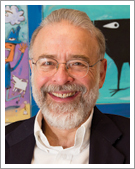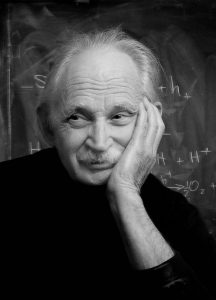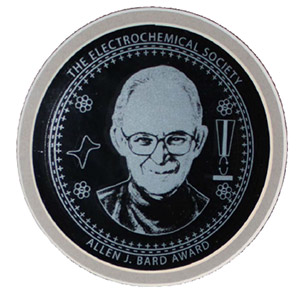The Electrochemical Society presents prestigious awards at its meetings that recognize outstanding scientific achievement and acknowledge exceptional service to the Society. These sessions are a great opportunity to meet peers and learn more about the leading lights of electrochemistry, as well as early-career scientists and doctoral, post-doctoral, and graduate students—the future of our field.
Among the major society awards presented at the 235th ECS Meeting, Héctor D. Abruña received the Allen J. Bard Award in Electrochemical Science. Abruña is recognized internationally as a leader in electrochemistry and analytical chemistry. Attendees gained insights into his important research and future directions—and so can you by viewing his award address, “Energy Conversion and Storage: Novel Materials and Operando Methods.” (more…)




 The Electrochemical Society founded the
The Electrochemical Society founded the 